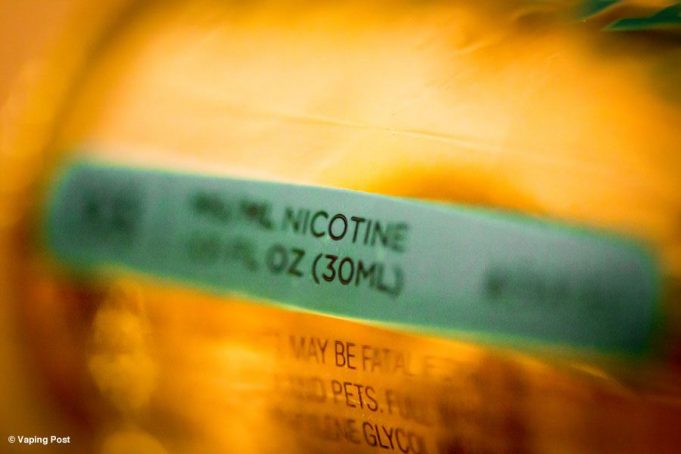“Our brains normally make these associations between things that support our existence and environmental cues so that we conduct behaviors leading to successful lives. The brain sends a reward signal when we act in a way that contributes to our well being,” said Dr. John A. Dani, professor of neuroscience at BCM and co-author of the study. “However, nicotine commandeers this subconscious learning process in the brain so we begin to behave as though smoking is a positive action.”
Dani explained that events linked with smoking can in the future become cues that prompt one to smoke. Those cues are all too familiar to former or current smokers and can include finishing a meal, a drink and even a drive. To analyse these associations Dani and his team decided to record brain activity of mice as they were exposed to nicotine, by allowing them to roam in a space with two separate compartments, one containing nicotine and the other a benign saline solution.
The researchers recorded how long the mice spent in each compartment, whilst recording activity in the hippocampus, the area of the brain linked to creating memories. “The brain activity change was just amazing,” said Dani. “Compared to injections of saline, nicotine strengthened neuronal connections – sometimes up to 200 percent. This strengthening of connections underlies new memory formation.”
Nicotine strengthens memory forming neural connections
Unsurprisingly, the mice learned to spent more time in the compartment containing nicotine. “We found that nicotine could strengthen neuronal synaptic connections only when the so called reward centers sent a dopamine signal. That was a critical process in creating the memory associations even with bad behavior like smoking.”
Read Further: EurekAlert!












